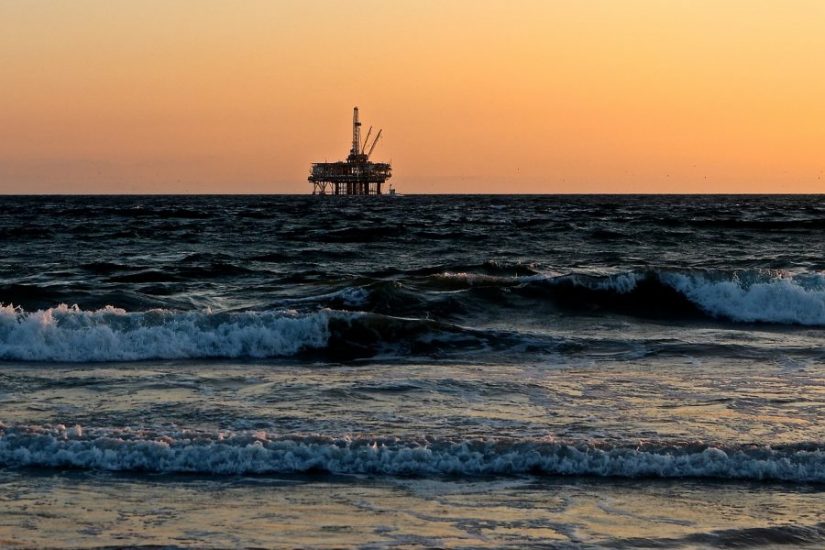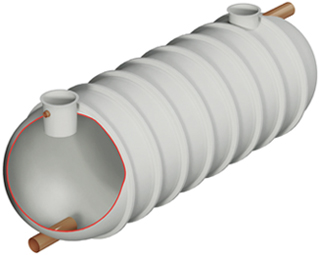It’s no secret that oil spills can have a catastrophic effect on the health and productivity of natural water bodies, affecting habitats, animals, plants, and humans. In this article, we’ll take a closer look at what causes oil spills, what the dangers are to the environment, and how oil can be removed from water.

What causes oil spills?
Oil spills happen for a variety of reasons, including accidents, wars, explosions, natural disasters, fires, steering failures, or human error. In fact, one of the biggest oil spills in recorded history was a deliberate military stratagem, and occurred during the 1991 Gulf War when Iraqi forces released oil into the Persian Gulf, setting it alight to impede the US Marines from landing in the area. However, this event was a rarity, and the majority of oil spills are entirely accidental or due to human carelessness.
What are the dangers of oil spills?
During a spill, the oil spreads across the water surface in a thin ‘sheen’, and usually floats atop the water. Historically, oil spills have been catastrophic for habitat health, affecting the animals and plants that live in the afflicted area. Oil spills, along with associated fires and explosions, can also claim the lives of humans.
The impacts of oil spills include:
- Poisoning: When birds and other animals ingest the oil-polluted water, it can cause internal damage, leading to poisoning and death.
- Clings to fur and feathers: Unfortunately for animals, oil clings to fur, destroying its insulative ability, and also to feathers, disrupting its water-repellent ability. Unless the oil is cleaned off by humans, this can result in the animals becoming less resilient to harsh elements and climates, increasing the chance of lethal hypothermia.
- Disturbs delicate marine habitats: Ecosystems are a delicate balance between organisms and environmental factors. Due to these close relationships, any damage from oil spills will affect not just one species, but any species that rely on them. This has the potential to negatively impact all life in that habitat, including any breeding and feeding relationships.
How is oil removed from water?
After an oil spill, extensive clean-up operations are often carried out. As part of this, there may be attempts to remove the oil from the water. Some of the techniques used include:
- Skimming: Oil floats on top of seawater, as it has a lower specific gravity value. Skimming is therefore the most commonly used technique to remove the oil, and this works by dragging along vacuum machines or oil-absorbent ropes and sponges along the surface of the water.
- Oil-eating bacteria: Another technique is to introduce oil-eating bacteria and microorganisms into the water which will biodegrade the oil into its component parts of CO2 and fatty acids.
- Combustion: One option is to burn the oil away, but this is only done out on the open ocean for safety reasons. This may leave behind a carbon residue.
- Dispersants: A somewhat controversial choice, dispersants act by breaking up the oil into droplets suspended in the water, which are then washed away or dispersed by wave action. However, some scientists argue that not only could dispersants have toxic properties, but the formed oil droplets may break down naturally, and could instead cause damage to marine life on the seafloor.
- Natural processes: On rare occasions, nothing is done. Gradually the oil will evaporate, disperse, or sink through the effects of natural processes and inputs, such as solar radiation, wind, and water currents.
Wildon UK are wastewater experts, offering complete drainage and sewer solutions across the area of Staffordshire and Stoke-on-Trent. We are on call 24/7 to help deal with domestic, commercial and agricultural issues through our wide range of services. Our engineers also offer professional supply, installation and repair of sewage plants, pumps and tanks. To find out more about our work, simply contact our team today.
Go back to








